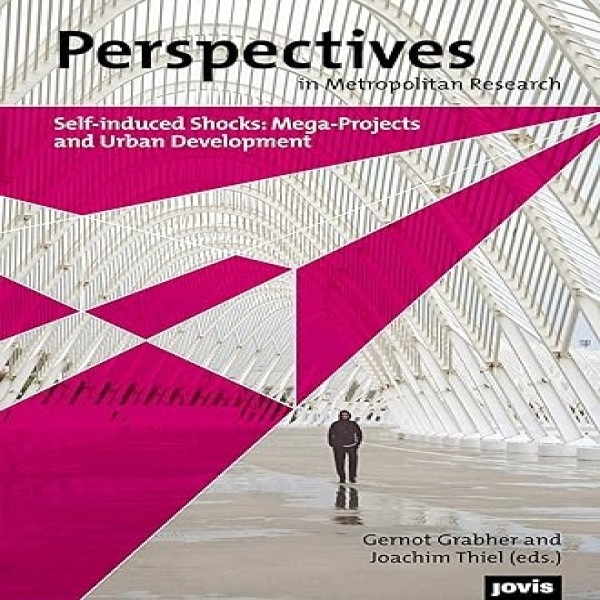Ürün Detayı
Explores examples of failed mega-projects, and offers ways to reverse the trend by pooling expertise and resources
Recent history of mega-projects has largely been written as a record of disasters. Well-known examples have turned into icons of planning failures, costly overspending, and excessive delays. Despite these systemic risks inherent in top-down massive interventions into the urban fabric, mega-projects have always played a decisive role in the development of cities. As 'self-induced shocks', they create a state of emergency that effectively leads to the pooling of finances, expertise, and public awareness. In this way objectives can be met that would have been unattainable in everyday practice.
This publication explores, with an international focus, the inherent ambivalence of mega-projects as drivers of urban transformation on the one hand and potential catalysts for uncontrollable dynamics on the other. It elucidates various forms and facets of large-scale construction ventures: as vehicles of urban development, as temporary large-scale events, as management challenges, and as elements of a changing urban development within the context of 'eco-cities' and 'smart cities'.



